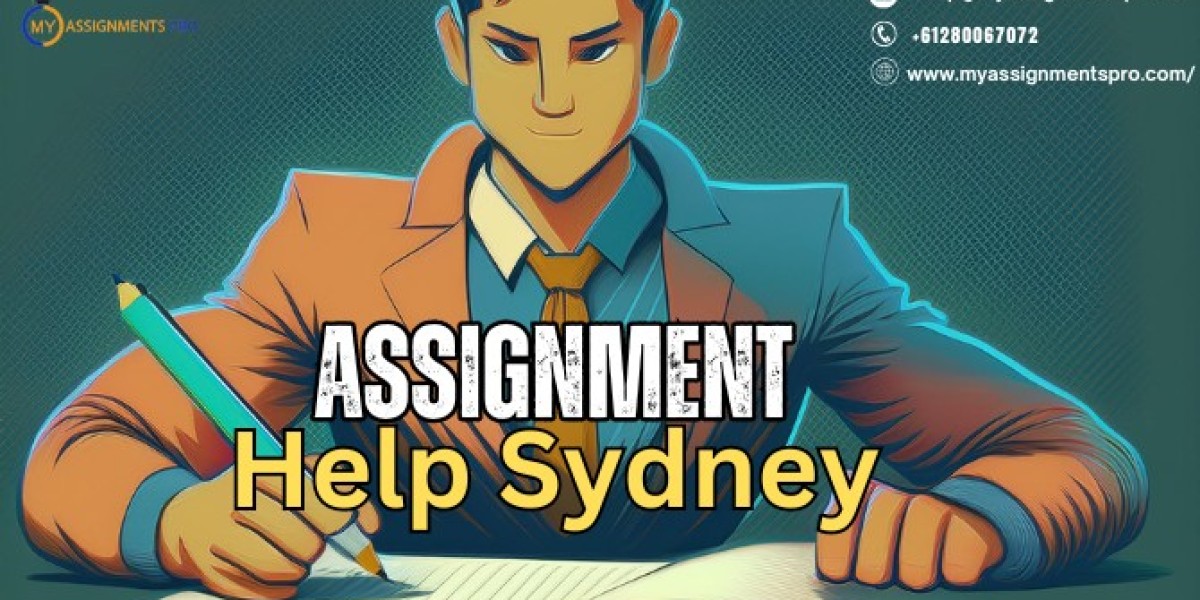Attention-Deficit/Hyperactivity Disorder (ADHD) is often treated with medication, but many adults seek alternative and complementary strategies to manage their symptoms effectively. These approaches can enhance the overall treatment experience and provide individuals with tools to cope with the challenges of ADHD in daily life. This article explores behavioral therapies, lifestyle modifications, coaching for executive function skills, and organizational strategies that can help adults manage their symptoms. It also emphasizes the importance of personalized treatment plans that consider individual preferences and needs.
Behavioral Therapies
Behavioral therapies are essential components of a comprehensive treatment plan for adults with ADHD. These therapies focus on modifying specific behaviors and developing skills to improve daily functioning.
Cognitive Behavioral Therapy (CBT)
Cognitive Behavioral Therapy (CBT) is particularly effective for adults with ADHD. CBT helps individuals identify negative thought patterns and behaviors that contribute to their difficulties. Through structured sessions, clients learn to challenge these thoughts and replace them with more constructive ones. For instance, an adult who frequently thinks, “I’ll never be able to finish this task,” can learn to reframe that thought into, “I can break this task into smaller steps and tackle it one at a time.” This shift in mindset can significantly improve motivation and task completion.
Skills Training
In addition to CBT, skills training focuses on practical strategies for managing ADHD symptoms. This may include:
Time Management
Teaching individuals how to prioritize tasks, set deadlines, and use tools like calendars or apps to keep track of responsibilities.
Organization
Helping adults develop systems for organizing physical spaces and digital files to reduce clutter and enhance productivity.
Social Skills Training
Assisting individuals in navigating social interactions more effectively, which can improve relationships and reduce feelings of isolation.
Lifestyle Modifications
Lifestyle changes can significantly impact the management of ADHD symptoms. Incorporating healthy habits into daily routines can lead to improvements in focus, mood, and overall well-being.
Exercise
Regular physical activity has been shown to improve attention, mood, and impulse control in individuals with ADHD. Exercise promotes the release of neurotransmitters such as dopamine and norepinephrine, which are crucial for attention and focus. Activities like running, swimming, or martial arts not only provide physical benefits but also offer opportunities for social interaction and stress relief.
Recommendation
Aim for at least 30 minutes of moderate exercise most days of the week. Finding enjoyable activities increases the likelihood of maintaining a consistent routine.
Nutrition
Diet plays a vital role in managing ADHD symptoms. Research suggests that certain dietary choices can influence brain function and behavior.
Balanced Meal
Regular meals that include a mix of protein, complex carbohydrates, fruits, and vegetables can help stabilize energy levels and improve concentration.
Omega-3 Fatty Acids
Foods rich in omega-3s (e.g., fish, flaxseeds) may support cognitive function and reduce symptoms.
Avoiding Triggers
Some individuals find that certain food additives or excessive sugar intake exacerbate their symptoms. Keeping a food diary can help identify any potential dietary triggers.
Sleep Hygiene
Many adults with ADHD experience sleep disturbances that can worsen symptoms. Establishing good sleep hygiene is essential for overall health.
Consistent Sleep Schedule
Going to bed and waking up at the same time each day helps regulate the body’s internal clock.
Sleep Environment
Creating a calming bedtime routine—such as reducing screen time before bed—can improve sleep quality.
Coaching for Executive Function Skills
Executive function refers to a set of cognitive processes that enable individuals to plan, focus attention, remember instructions, and juggle multiple tasks successfully. Many adults with ADHD struggle with these skills.
ADHD Coaching
Professional coaching specifically designed for individuals with ADHD can be beneficial. Coaches work collaboratively with clients to set goals, develop strategies for organization and time management, and enhance accountability. This supportive relationship can help individuals stay motivated and focused on their objectives.
Organizational Strategies
Implementing effective organizational strategies is critical for managing ADHD symptoms in daily life. These strategies help create structure and reduce overwhelm.
Task Breakdown
Breaking larger tasks into smaller, manageable steps can make them feel less daunting. For example:
Identify the Task
Clearly define what needs to be done.
Divide into Steps
List out each step required to complete the task.
Set Deadlines
Assign deadlines for each step to keep progress on track.
Visual Aids
Using visual aids such as charts, calendars, or color-coded systems can enhance organization. Visual reminders help keep important tasks front-of-mind and reduce reliance on memory alone.
Personalized Treatment Plans
One size does not fit all when it comes to treating adult ADHD. Each individual has unique preferences, strengths, and challenges that should be considered when developing a treatment plan.
Collaborative Approach
Engaging in a collaborative approach with healthcare providers ensures that treatment plans reflect personal goals and lifestyle considerations. Regularly reviewing progress allows for adjustments based on what is working or what needs improvement.
Conclusion
While medication is a common treatment option for adults with ADHD, numerous alternatives exist that can effectively complement pharmacological interventions. Behavioral therapies, lifestyle modifications, coaching for executive function skills, and organizational strategies all play vital roles in managing symptoms. By developing personalized treatment plans that account for individual preferences and needs, adults with ADHD can enhance their quality of life and achieve greater success in managing their condition. Ultimately, a holistic approach that combines various strategies empowers individuals to take control of their ADHD symptoms and thrive in their daily lives.



